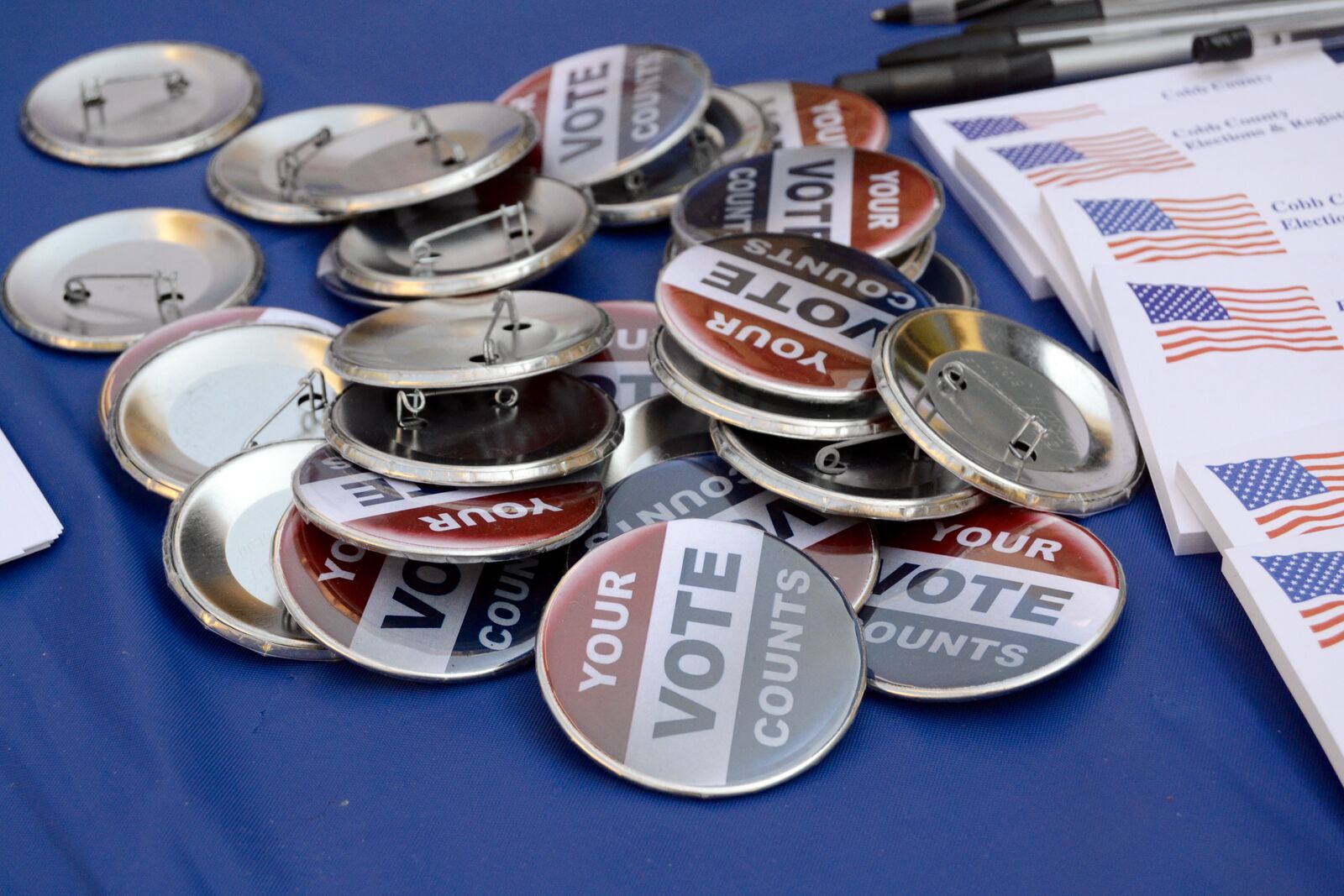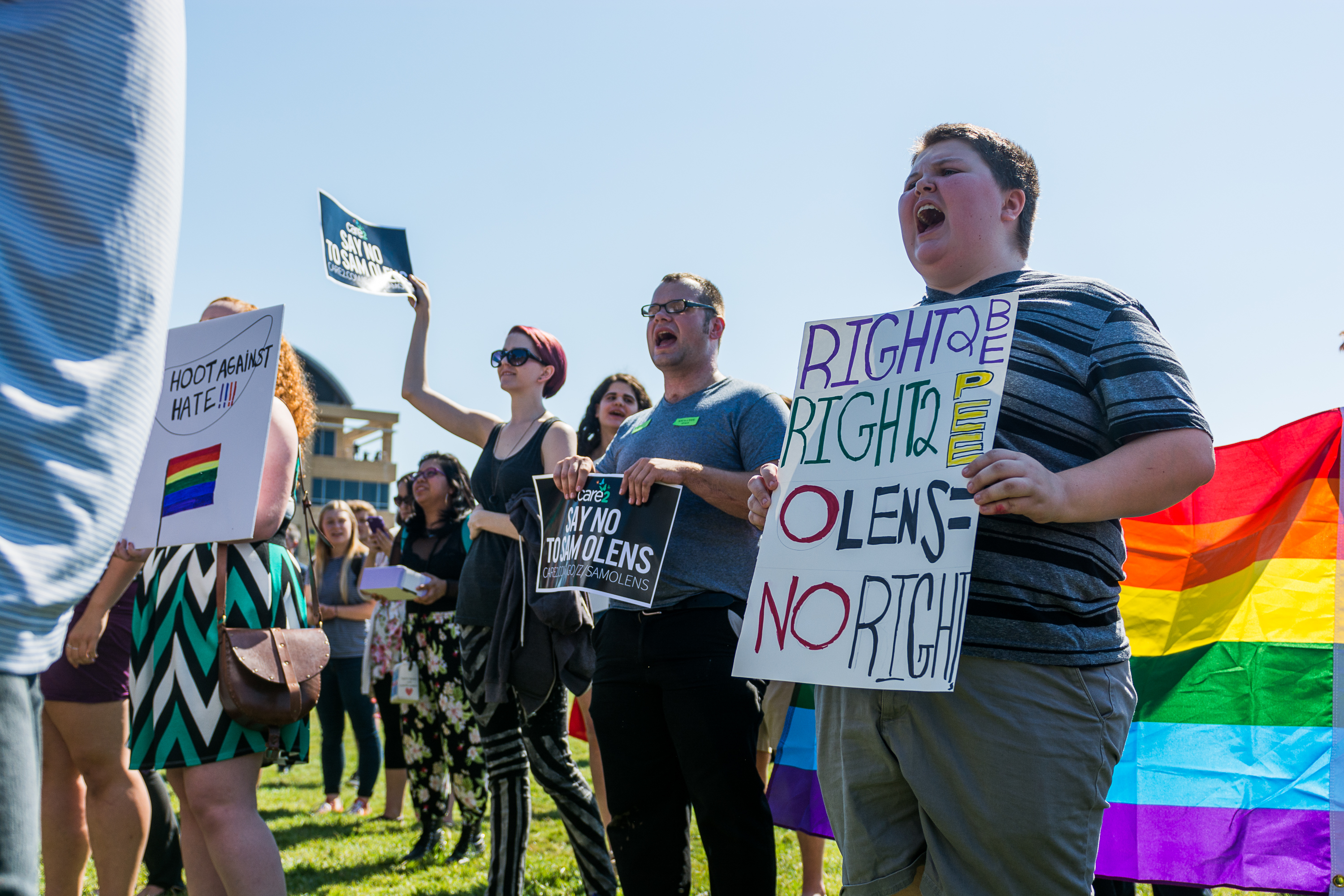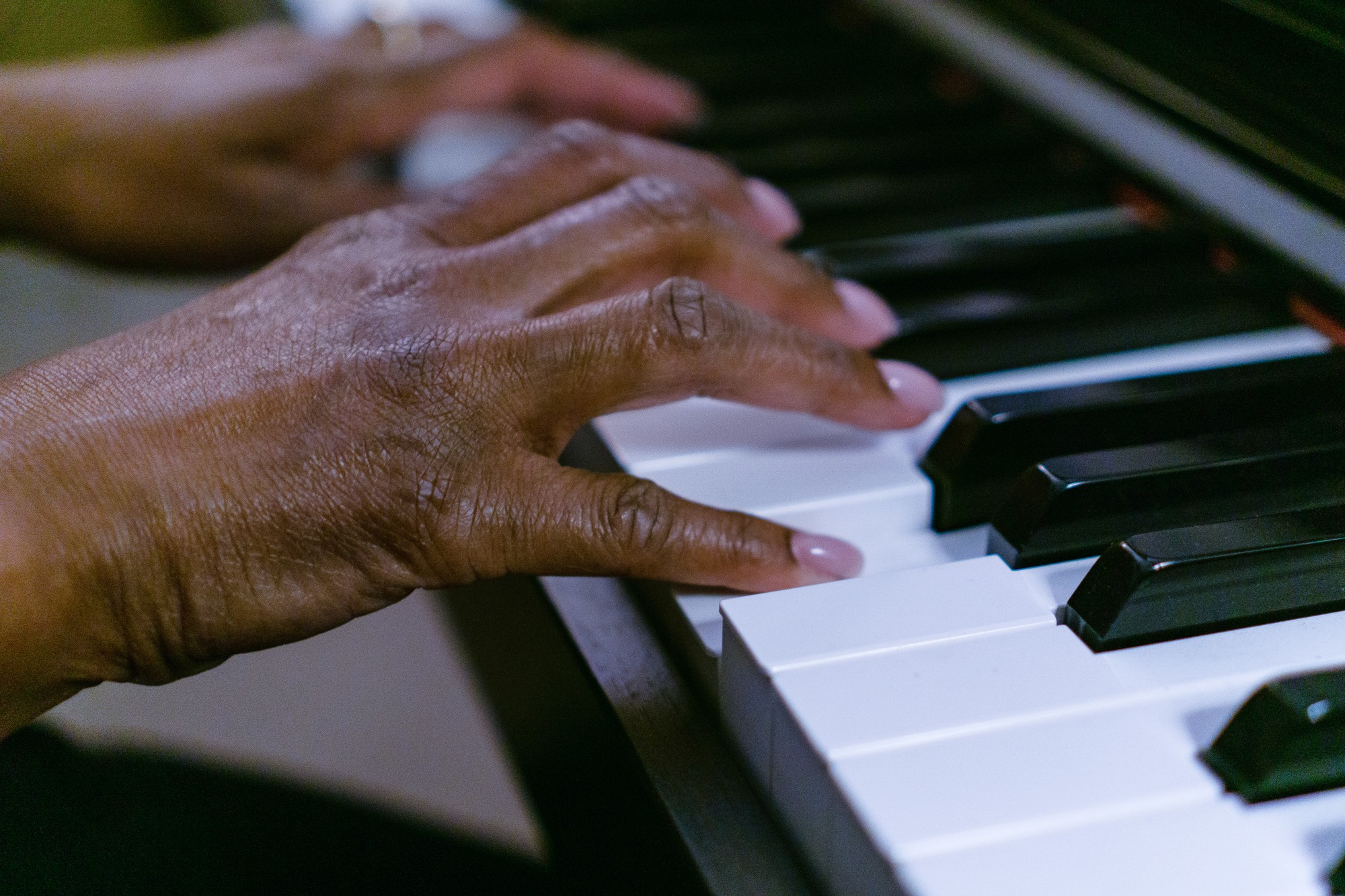Lowering the voting age will give greater voting power to the older generation as those younger than 18 are not sufficiently mature and will vote in line with their parents.
In 1971, the 26th amendment to the Constitution was ratified, establishing 18 as the minimum voting age for both state and federal elections. Although the proposal was first made in Congress in 1942, it was not until a combination of factors, including the political pressures of the Vietnam draft, that the proposal gained the necessary political backing to become law.
The argument of “Old enough to go to war, old enough to vote,” feels far more logically sound and emotionally convincing than any argument given in support of lowering the voting age to 16.
A 2006 study by the Political Studies Association said that 16 and 17-year olds are not as mature as other voters when the voting age is at 18. Furthermore, despite some arguing that such age differences are evened out when 16-year olds are given the right to vote, a 2013 study in the Journal of Electoral Studies found that even when the voting age is lowered to 16, there is no evidence to indicate that adolescent maturity levels go up.
When I think back to my politics at the age of 16, despite having minor differences on some issues, I was still heavily influenced by living with my parents. It was not until I graduated, moved out and began college that I truly began to think for myself about what I wanted out of the world.
The simple life experiences of being forced to survive on your own, the societal expectations to be an adult crashing down on you and the drastic change in your control of social influences changes you. In the social atmosphere of college, one is exposed to all new ways of thinking, opinion and evidence that previously may have been restricted. This dramatic shift often propels people into entire new frames of mind.
The time period of 16 to 18-years old seems to be a very hectic period politically, and attitudes are usually not fully developed. A 2005 Gallup Youth Survey, which asked 13 to 17-year olds to compare their social and political views with those of their parents found that 71 percent say their social and political ideology is similar to their parents.
According to an article by Jenny Diamond Cheng, interest in improving the political participation of young adults would be far better focused on eliminating barriers to voting, such as residency requirements that exclude college students, abolishing rigorous voter ID laws that disfavor young or mobile voters and allowing for same-day voter registration. These are better solutions.




